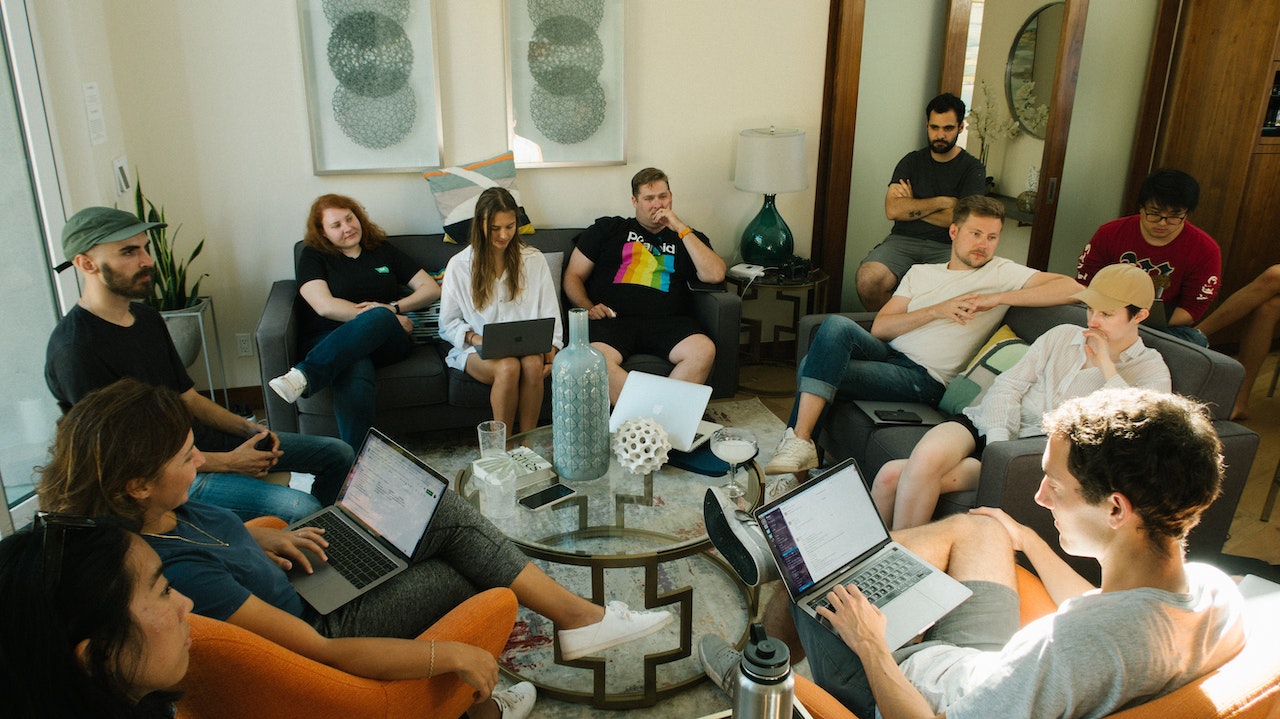Starting a Ph.D. program can be both exciting and overwhelming. After all, you’re up to embark on an intense research journey that will demand much of your time and effort. Check out nationalcrimesyndicate.com to learn how to create a better paper. But fear not; with the right mindset, skill sets, and tools, you can make the transition from undergraduate to Ph.D. as smooth as possible. In this blog post, we’ll share some college life hacks to help you strike a good work/life balance, level up your teamwork skills, gear up with handy apps for Ph.D. students, find a mentor and build your support system. So let’s get exploring.
For Your Sanity, Strike a Good Work/Life Balance
As a Ph.D. student, getting consumed by work and skipping your personal life is easy. However, striking a good work/life balance is not negotiable, especially for keeping sane during this challenging time. So come up with realistic goals for yourself that align with your research objectives. Secondly, prioritize self-care activities such as exercise, meditation, or spending time with loved ones. Next, learn to say no when necessary. Decreasing invitations or requests is okay if they conflict with your schedule or priorities.

Level Up Your Teamwork Skills
Collaboration and teamwork are essential for any successful Ph.D. program. As a doctoral student, you’ll work with your professors, peers, and other professionals to conduct research and complete projects. Therefore, it’s paramount that you level up your teamwork skills to thrive in this environment. Communication is the key when working in a team. Be sure to articulate your ideas clearly and actively listen to the perspectives of others. Understanding each member’s strengths can also help delegate tasks effectively while leveraging individual expertise toward mutual goals.
Gear Up With Various Handy Apps for Ph.D. Students
 As a Ph.D. student, keeping track of all the research, readings, and deadlines can be challenging. Luckily, many useful apps can help you stay organized while keeping on top of your work. One great app is Evernote, which allows you to take notes and organize them into different notebooks for each course or project. Zotero is another app that can help you manage your sources and create bibliographies automatically in different citation styles. For those long reading lists, try using Pocket. This app lets you save articles or web pages so you can read them later offline at your convenience. Consider using Trello for shared project management. These apps may seem small, but they can make a significant difference in keeping yourself organized throughout your Ph.D. journey.
As a Ph.D. student, keeping track of all the research, readings, and deadlines can be challenging. Luckily, many useful apps can help you stay organized while keeping on top of your work. One great app is Evernote, which allows you to take notes and organize them into different notebooks for each course or project. Zotero is another app that can help you manage your sources and create bibliographies automatically in different citation styles. For those long reading lists, try using Pocket. This app lets you save articles or web pages so you can read them later offline at your convenience. Consider using Trello for shared project management. These apps may seem small, but they can make a significant difference in keeping yourself organized throughout your Ph.D. journey.
Find a Mentor and Build Your Support System
 Let’s get real. We’re nothing without a great mentor and our support system. A mentor is always there to give you outstanding guidance and encouragement every time you feel like you’re going to give up. In addition to finding a mentor, it pays to build a support system that includes friends, family members, colleagues, and classmates. These people can offer emotional support during difficult times and celebrate your successes with you. Having a strong network of mentors and support systems can do wonders in navigating the challenges of graduate school.
Let’s get real. We’re nothing without a great mentor and our support system. A mentor is always there to give you outstanding guidance and encouragement every time you feel like you’re going to give up. In addition to finding a mentor, it pays to build a support system that includes friends, family members, colleagues, and classmates. These people can offer emotional support during difficult times and celebrate your successes with you. Having a strong network of mentors and support systems can do wonders in navigating the challenges of graduate school.
Transitioning from an undergraduate to a Ph.D. program can extremely drive you crazy, but with the right hacks in place, it doesn’t have to be. With discipline and consistency in applying these college hacks for a smooth transition from undergraduate to Ph.D. studies, nothing can stop you from achieving all of your academic goals.

